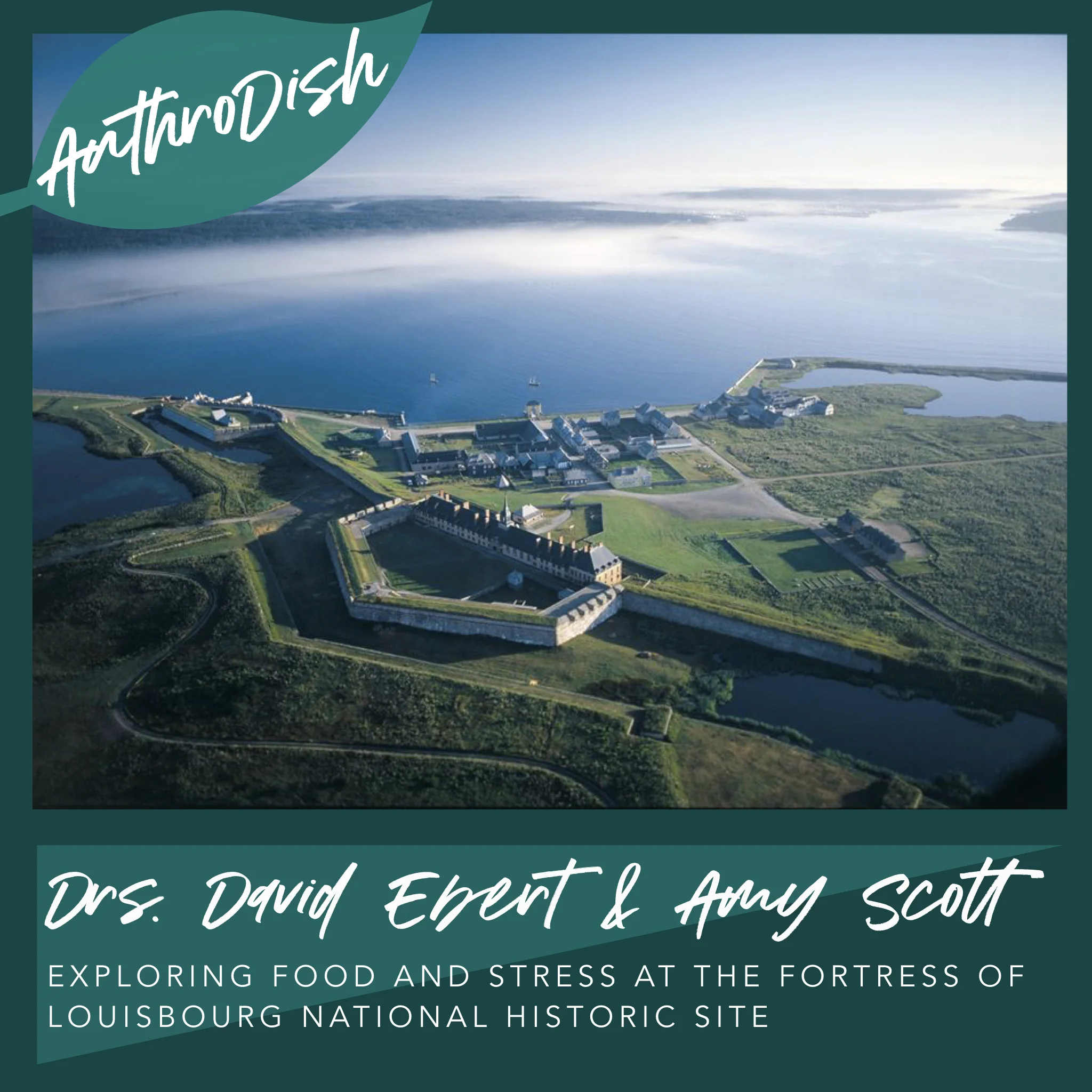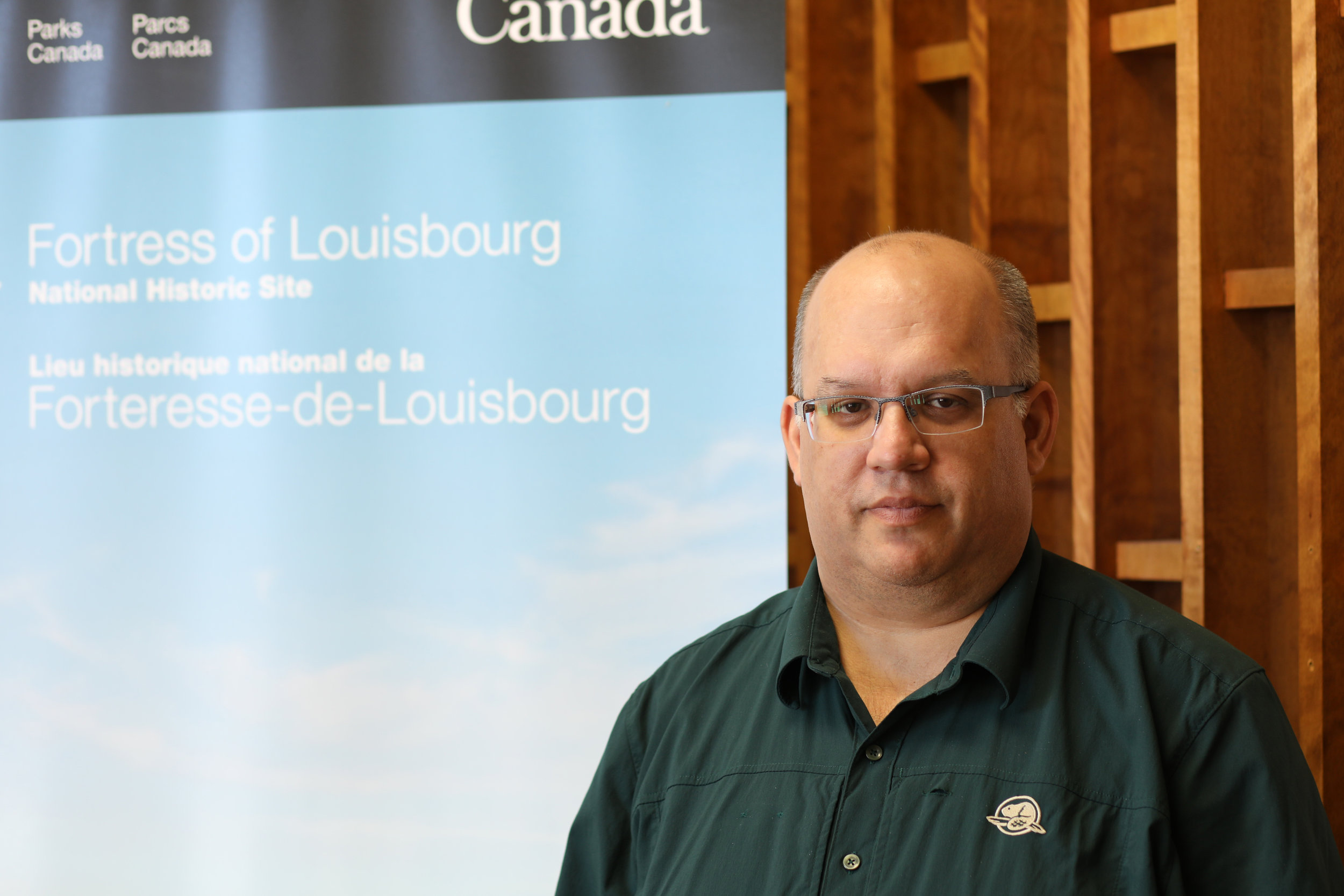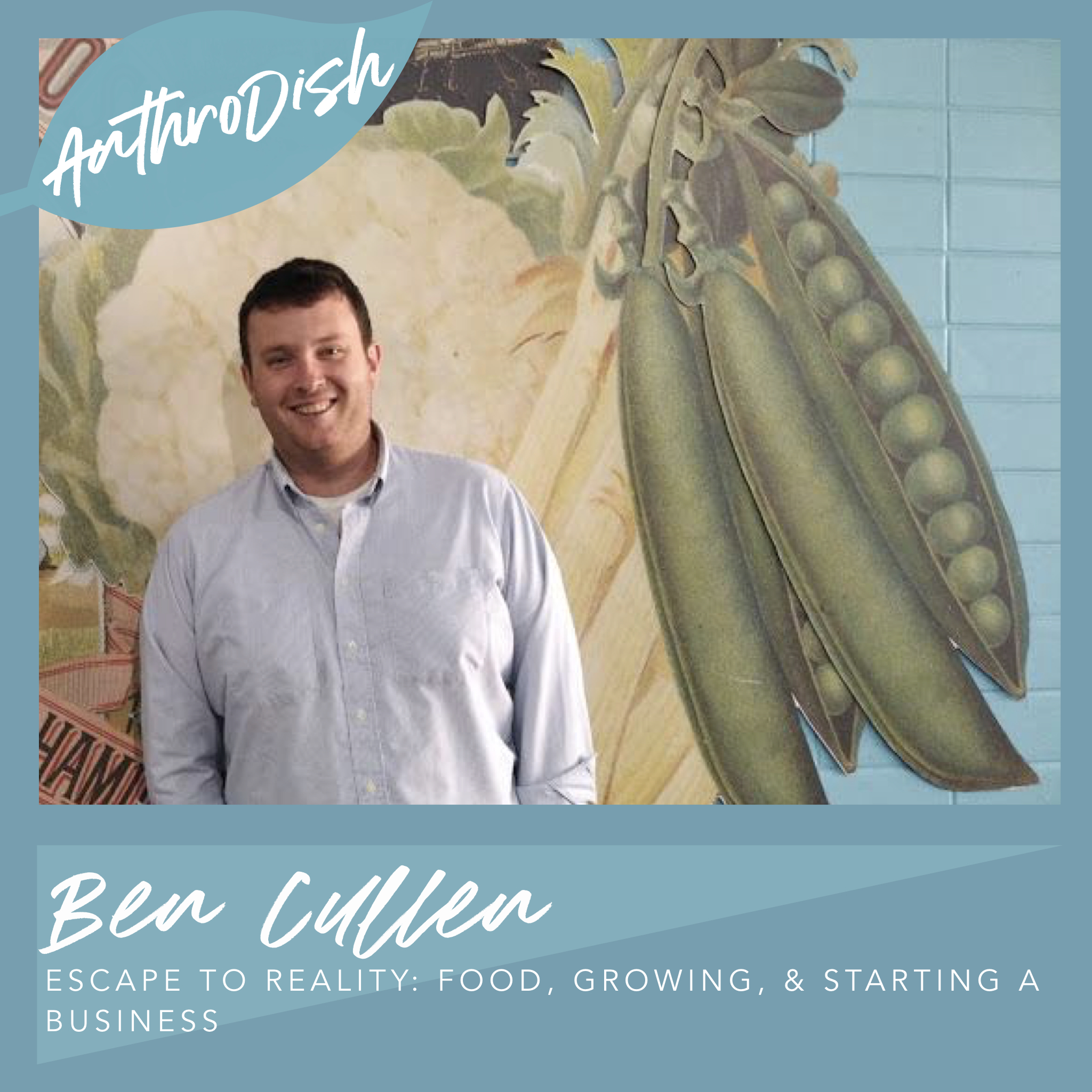What really happens when a community undergoes a dietary transition, or shift? When speaking about Indigenous communities and their health, we often think of nutritional transitions as linear, and uncomplicated. But is this really a fair assessment of reality?
This week I’m speaking with William Lucas, a medical anthropology PhD student at the University of South Florida. His research has explored issues of Latino community health topics such as food and nutrition, diabetes, HIV, and Hepatitis C. His current doctoral work integrates these through syndemics research, where he analyzes the interactions between nutrition, disease, and other social and cultural factors in Guatemala, a country which experiences some of the highest rates of childhood stunting worldwide. Originally from Los Angeles, California, William developed his anthropological interests through his exposure to food deserts and swamps, issues of community violence, and other social determinants of health, as well as an interest in how overall health is implicated in all these areas of research.
In our interview, we explore his work with a remote Q’eqchi’ Maya community in Guatemala. We explore nutritional transitions and the internal and external mechanisms that influence community attitudes about what constitutes healthy or unhealthy food, and how Western-style processed foods are perceived. William’s work is very unique in that there are some interesting attitudes around the idea of what healthy food looks like, and how this plays out for other health conditions for the Q’eqchi’.
Resources














